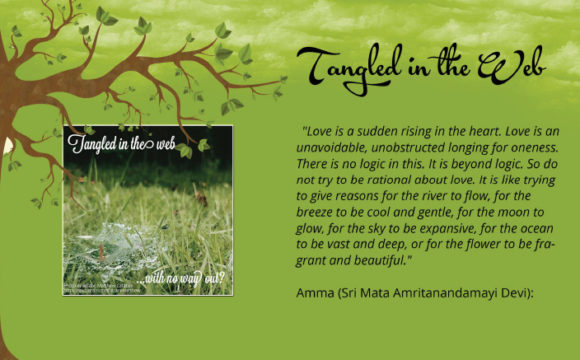On a clear night, the sky above is an ocean of stars – each one a potential sun to planets unknown. With billions of galaxies, each containing billions of stars, the statistical odds of life elsewhere in the universe seem overwhelmingly high. And yet, in all our listening and searching, the cosmos has returned only silence. This baffling contradiction is known as the Fermi Paradox: If intelligent life is common in the universe, where is everyone?
This cosmic quietude has puzzled scientists, philosophers, and theologians alike. But beyond the scientific implications, the silence of the stars offers profound spiritual and philosophical questions – about our place in the cosmos, the nature of consciousness, and the meaning of solitude in an infinite universe.
The Paradox in Perspective
The Fermi Paradox is named after physicist Enrico Fermi, who famously asked, “Where is everybody?” If the universe is so vast and ancient, and if life has had billions of years to evolve elsewhere, why haven’t we seen evidence of it – no signals, no probes, no distant civilizations beaming radio waves into the void?
There are many speculative answers: intelligent civilizations may destroy themselves before achieving interstellar communication; they may be using technologies we can’t detect; they might be observing us silently; or perhaps, we are truly alone.
While these explanations are scientific in nature, they open the door to existential contemplation.
Cosmic Solitude and Human Significance
For millennia, humanity believed Earth to be the centre of creation. The Copernican revolution displaced us from the cosmic centre, but we still clung to the idea that life – especially intelligent, spiritual life—must be abundant. The belief in alien civilizations can feel reassuring: it implies we are part of a broader community of conscious beings.
But the silence suggests something different. It suggests solitude – a universe where, perhaps, we are the first, the only, or the last to awaken. This solitude is not just physical, but metaphysical. If we are alone, our experiences, our consciousness, and our culture become not merely local phenomena, but cosmic anomalies.
This is not a cause for despair, but potentially a source of awe. The human mind, capable of reflecting on its own existence and imagining others, may be rarer than we thought. Our creativity, morality, and capacity for love might not be echoes of a galactic norm, but the universe’s first whisper of meaning.
A Mirror of the Divine?
Some theologians interpret the Fermi Paradox through a spiritual lens. If humanity is alone, it may suggest that consciousness is not inevitable, but intentional. It invites reflection on what many traditions call the “image of God”- the idea that we possess a spark of awareness that reflects something greater than ourselves.
Could it be that we are meant to be stewards of this awareness? If life is rare, perhaps it is also precious – meant to be nurtured, expanded, and protected. The silence may be a message: not one of abandonment, but of responsibility.
In Christian mysticism, solitude has often been the space in which divine truth is encountered. The silence of the universe might be a spiritual invitation – not a void, but a vast cathedral of potential, where our prayers, art, and questions echo endlessly.
The Uniqueness of Human Consciousness
Many spiritual traditions view human consciousness as a bridge between the material and the transcendent. Whether one believes in a soul, a collective unconscious, or a divine purpose, the inner life of the human being is considered sacred.
The absence of other known conscious beings in the cosmos could reinforce the singularity of this gift. Rather than diminishing our significance, the vast silence might amplify it. Like a single voice singing in an empty canyon, our songs, thoughts, and dreams might carry further than we can imagine.
Perhaps what makes us unique is not our technology, but our capacity for meaning – for asking questions that science alone cannot answer. The Fermi Paradox becomes not only a scientific puzzle but a spiritual mirror, reflecting back to us the urgency of our own self-understanding.
What Comes Next?
The search for extraterrestrial intelligence continues – with ever more sensitive instruments, deeper space missions, and creative hypotheses. We may yet find life elsewhere, and that discovery would radically reshape our view of creation.
But until then, we remain suspended in the great silence. Rather than fearing it, we can embrace the solitude as a space for reflection. The loneliness of the cosmos does not need to be bleak. It can be sacred – a moment of deep pause before the next revelation.
In this light, the silence of the stars becomes a kind of spiritual koan: a mystery not to be solved but contemplated. And in that contemplation, we may discover that the answer to Fermi’s question lies not in some distant galaxy, but within our own hearts – where the yearning for connection and the awe of existence first awaken.








